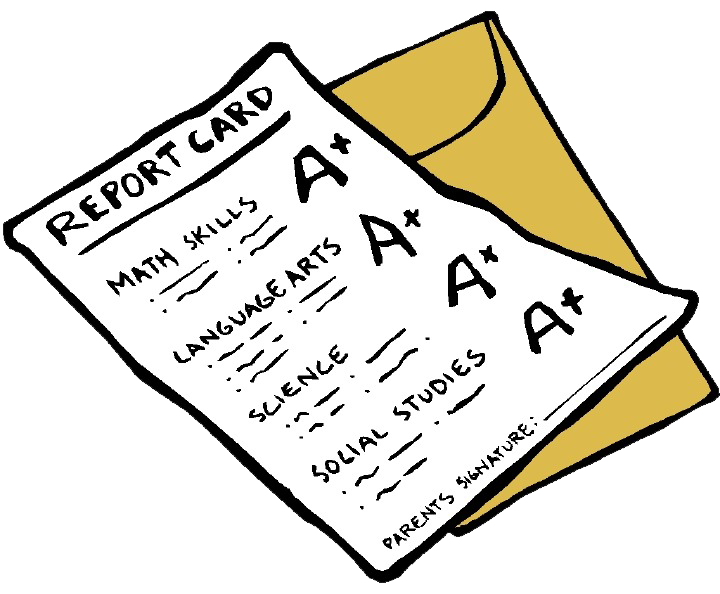How LoginX ERP help educators in student assessment
School | College | University
Purposes:
Student assessment refers to the process of gathering and evaluating information about student's learning and academic performance. It is a fundamental aspect of education and serves several purposes, including:
- Measuring Learning Outcomes: Assessment helps determine the extent to which students have achieved the learning objectives and outcomes set by the curriculum or educational standards.
- Informing Instruction: Assessment results provide valuable data to educators, allowing them to tailor their teaching methods, materials, and strategies to meet the needs of individual students or the class as a whole.
- Feedback to Students: Assessments offer feedback to students about their strengths and areas that need improvement. This feedback can motivate students to strive for improvement and guide their study habits.
- Evaluating Teaching Effectiveness: Educators can use student assessments to assess the effectiveness of their teaching methods and make necessary adjustments to improve student learning.
- Grading and Reporting: Assessment results are often used to assign grades and report student progress to parents, guardians, and administrators.

Solutions:
-
There are various types of student assessments, including:
- Formative Assessment:
This type of assessment is conducted during the learning process to provide ongoing feedback. It helps identify students' strengths and weaknesses, allowing instructors to adjust their teaching in real-time. Examples include quizzes, polls, class discussions, and homework.
- Quizzes and Tests: Administer quizzes or tests with questions that cover the material you've taught. This can provide you with a quantitative measure of understanding.
- Class Discussions: Engage in open-ended discussions about the topic. Ask probing questions and listen to students' responses to gauge their comprehension.
- Polls and Clicker Questions: Use technology to gather real-time feedback from students during lectures. Tools like clickers or online polling platforms can be helpful.
- Short Note: Have students write down a brief summary or response to a specific question at the end of the class to assess their comprehension.
- Observation: Pay attention to students' body language and facial expressions during the lesson. Are they engaged, confused, or disinterested? Walk around the classroom and interact with students individually or in small groups to gauge their level of understanding.
- Homework and Assignments: Assign homework or projects that require students to apply the knowledge they've gained from the topic. Review their work to assess their grasp of the material. Provide constructive feedback on assignments to guide their understanding.
- Peer Assessment:Incorporate peer review sessions where students evaluate each other's work or explanations. This can help identify misconceptions and promote discussion.
- Concept Mapping:Ask students to create concept maps or diagrams to represent their understanding of the topic. Analyzing these maps can reveal their comprehension levels.
- One-on-One Conferences:Schedule individual or small group conferences with students to discuss the topic in more depth. This can provide deeper insights into their understanding.
- Self-Assessment:Encourage students to self-assess their understanding by asking them to rate their confidence or knowledge on a particular topic. This can help them become more aware of their own learning.
- Summative Assessment: Summative assessments are typically administered at the end of a learning period to evaluate overall student performance and determine whether learning objectives have been met. Examples include final exams, standardized tests, and end-of-term projects.
- Diagnostic Assessment: These assessments are used at the beginning of a course or unit to gauge students' prior knowledge and skills. They help instructors identify areas that may require additional focus.
- Performance Assessment: Performance assessments require students to demonstrate their knowledge and skills through practical tasks or projects. Examples include presentations, portfolios, and lab experiments.
- Standardized Testing: Standardized tests are designed to measure students' knowledge and skills using a uniform set of questions and scoring criteria. These tests are often used for large-scale assessments and comparisons across schools or regions.

Start your Journey with us
Manage your Schools & Colleges with LoginX ERP
LoginX ERP, An integrated cloud-based solution for Institutions like schools, colleges & universities to automate daily operations, generate reports, and make better and accurate decisions with ease. LoginX ERP bundled with interface like :Digital Payment, SMS, Web Portal, Smart Card, Barcode, Mobile App, RFID / Biometric & Logins for Management / Parent / Student / Staff.
- Cloud-based, all-in-one school record management system
- A robust, highly intuitive platform connecting all
- All-inclusive tracker for student information & reports
- Real-time attendance and fee management system
- Seamless exam and result management system
Cloud-Based School Management Software Cloud-Based school ERP LoginX Cloud-Based school management system LoginX Cloud-Based LoginX ERP for education Cloud-Based school & college ERP LoginX Cloud-Based+AI school management software Cloud-based education software Cloud-Based+AI ERP for schools and colleges Cloud-Based student management system Cloud-Based ERP for academic institutions Cloud-Based software for educational institutions
